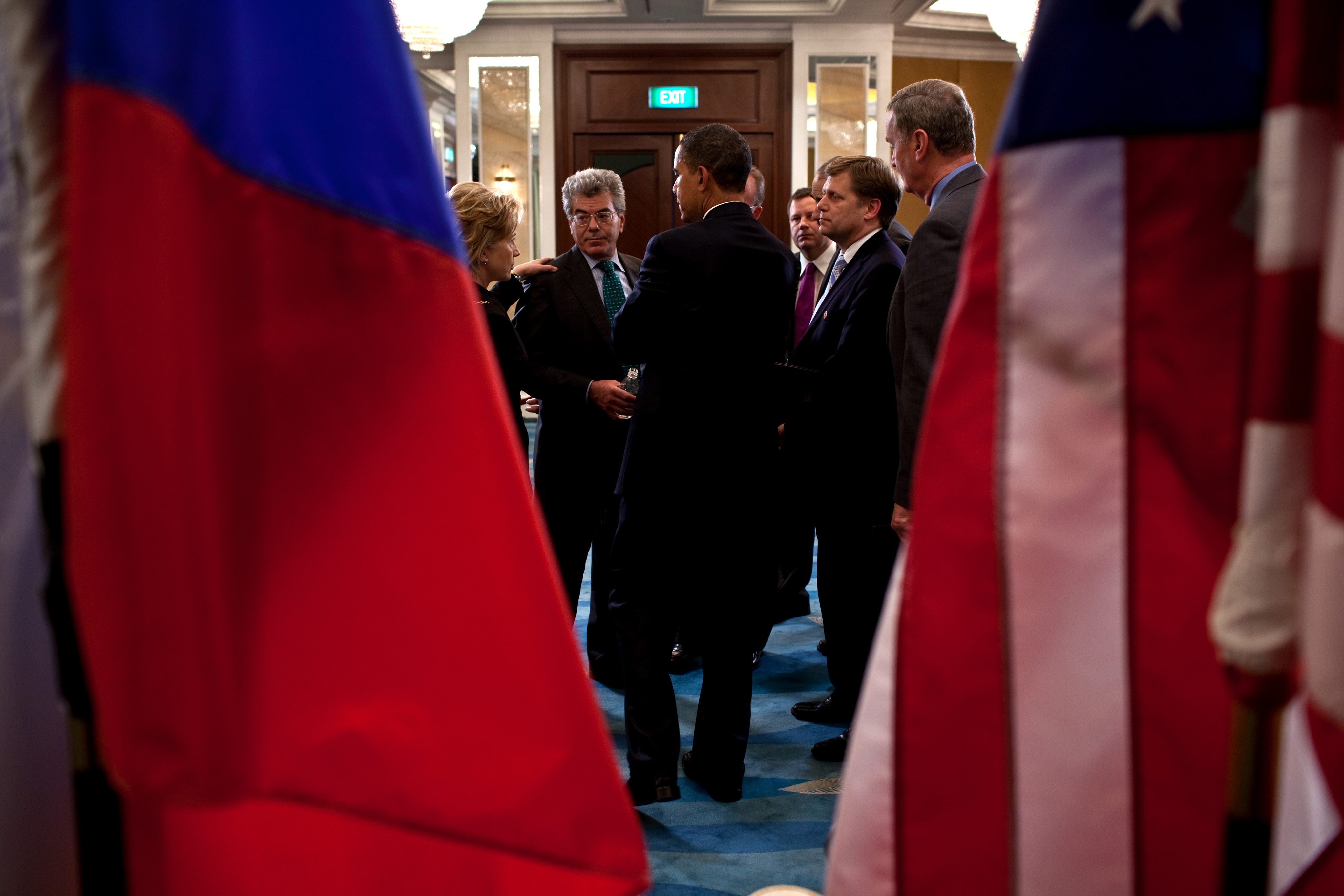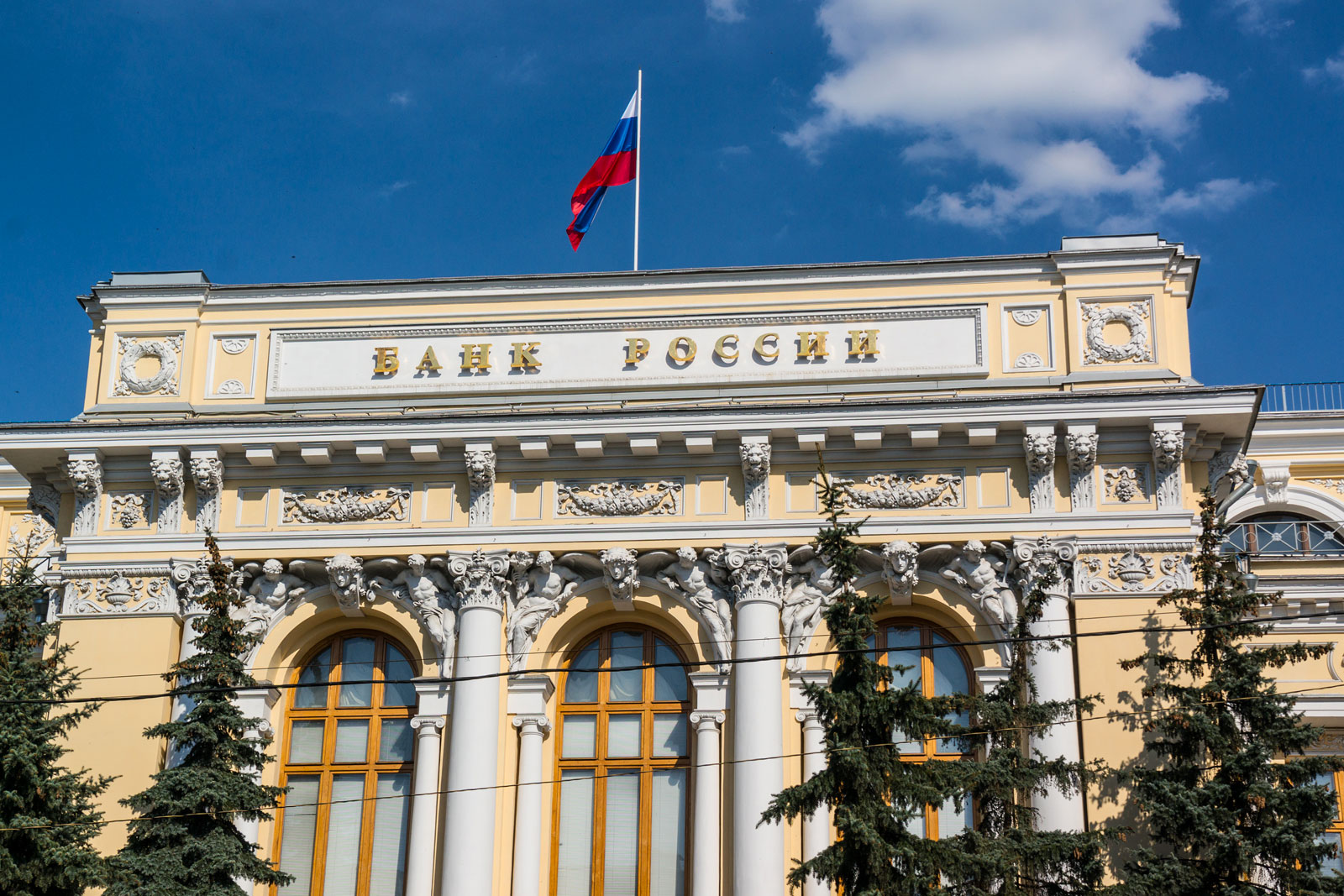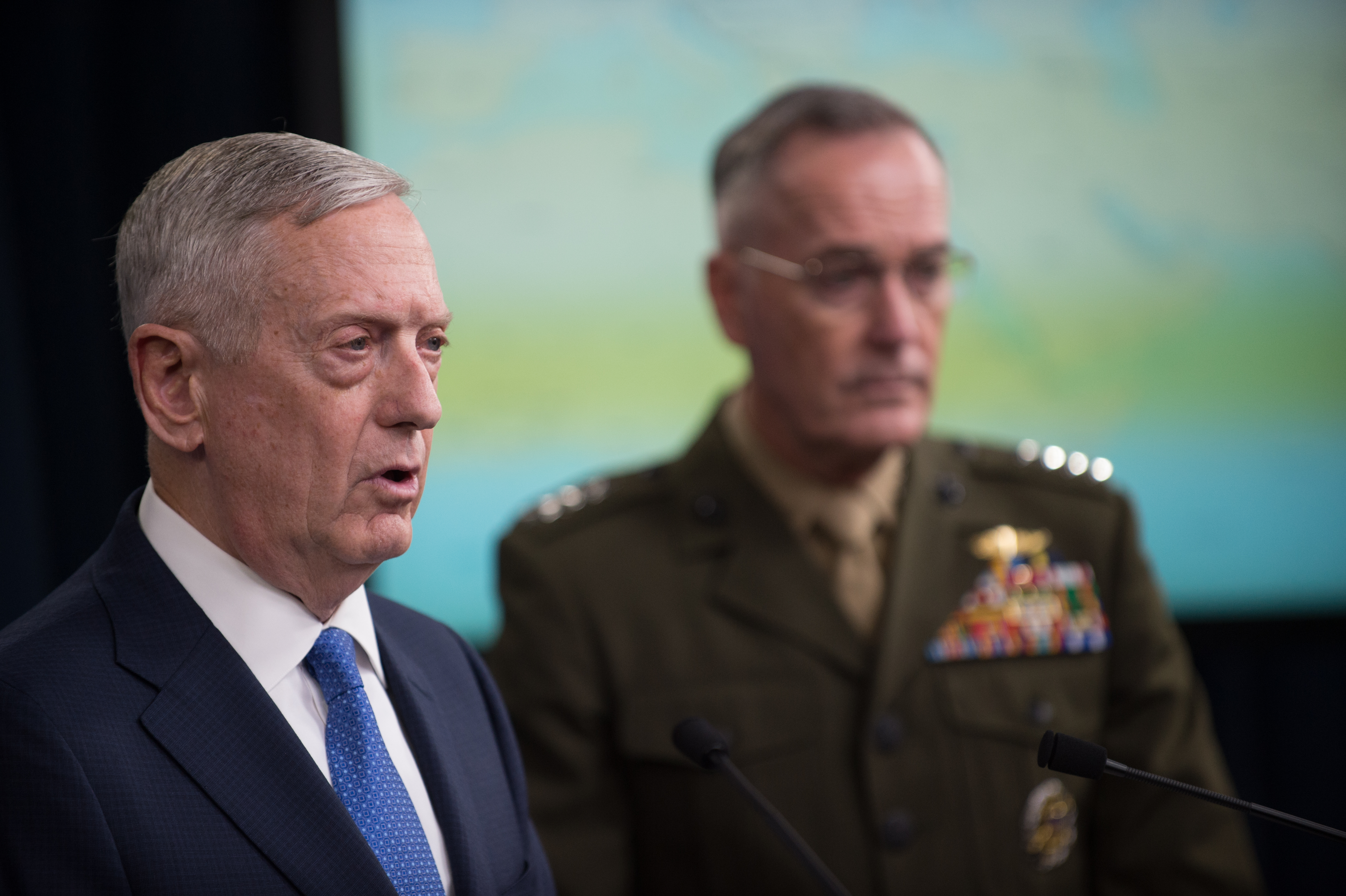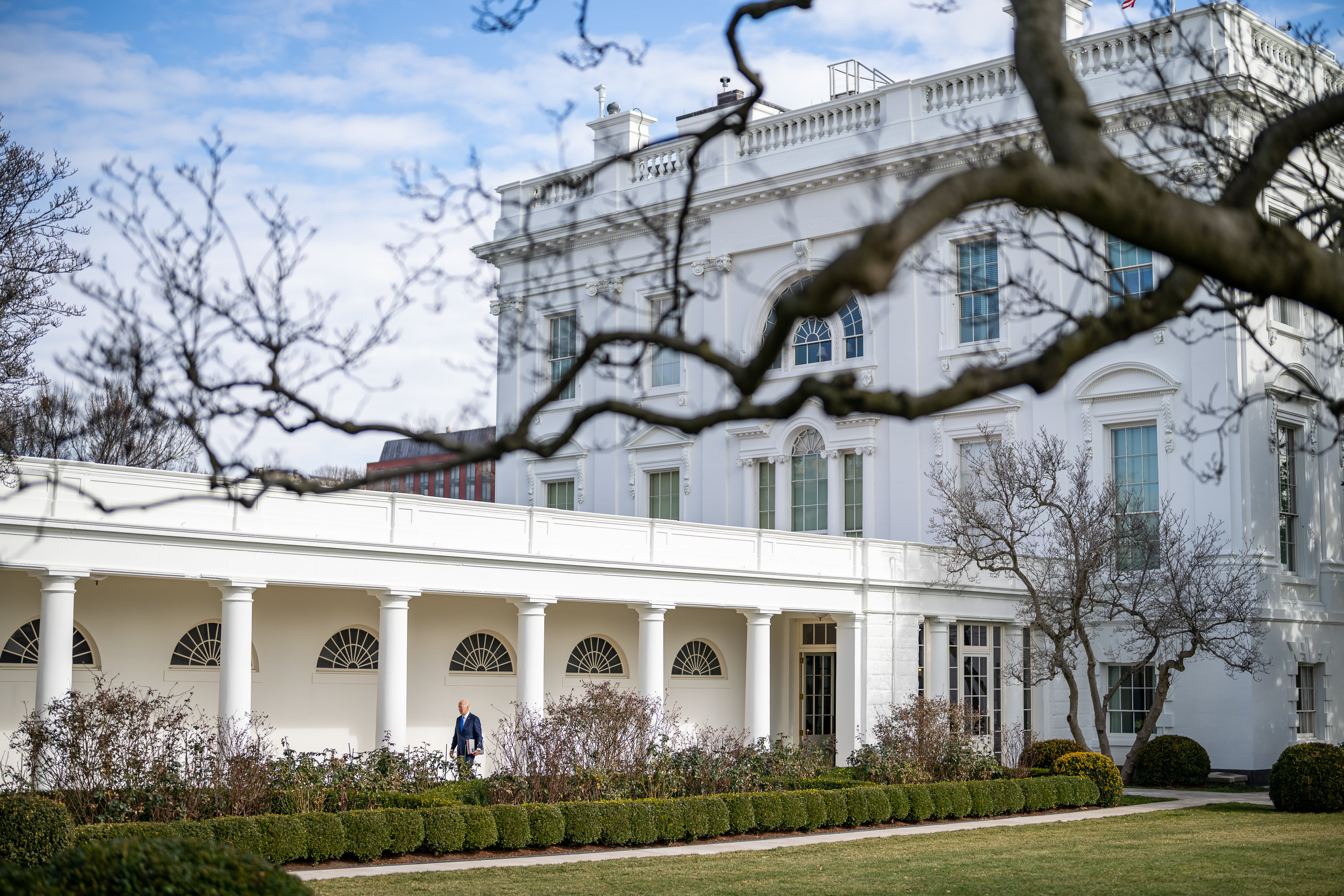-

Has New START Reached a Dead End?
Russia’s New START violations have raised the risk of breaching its central limits. The political conflict underlying them could bring about the treaty’s end. -

ICJ Orders Additional Provisional Measures in South Africa v. Israel
Referencing the worsening conditions and imminent famine in Gaza, the Court ordered Israel to ensure the provision of humanitarian assistance, among other measures. -

UN Security Council Adopts Gaza Ceasefire Resolution
After several failed attempts, on March 25, the United Nations Security Council adopted the first ceasefire resolution of the Israel-Hamas war since Oct. 7. -

The Next Step in Military AI Multilateralism
Updates to the Political Declaration are good, but the U.S. should seek to engage more countries and double its efforts on human control of nuclear weapons. -

New Tools Are Needed to Address the Risks Posed by AI-Military Integration
If you blinked, you may have missed a recent wave of global AI commitments, a notable consensus in the chilliest international climate since the Cold War. -

What Congress Should Do About Hate Crime Statistics
To improve hate crime statistics, Congress should amend existing legislation, not impose hate crime reporting mandates. -

Frozen Russian Assets to Finance Ukraine: Collateralization Instead of Confiscation
G7 states could loan Russia’s frozen central bank reserves to Ukraine. Is this legally feasible? -

The Lawfare Podcast: Tim Mak on Two Years of War in Ukraine
How is the Ukraine counter-offensive faring? -

Generally Speaking: Assessing Political Speech by Retired General and Flag Officers
Do retired generals think they should speak out on political issues? Most favor restraint—but how much and when is up for debate. -

Rational Security: The “Alan and the Owl” Edition
This week, Tyler McBrien joined Alan Rozenshtein, Quinta Jurecic, and Scott Anderson to discuss the week's big national security news, including: -

Water Wars: Taiwan Elects Pro-Independence President Amid Continuing Regional Tensions
Two years of Indo-Pacific Strategy; Taiwan elects a new president; AUKUS faces industrial capacity challenges; Pacific Islands warn Congress about funding delays; and more. -

The Interesting History and Opportunity of Biden’s Evolution on War Powers
Why Protect Democracy filed a Freedom of Information Act (FOIA) request with the Biden administration demanding the release of its legal justification for ongoing military action in Yemen.
The upcoming main navigation can be gotten through utilizing the tab key. Any buttons that open a sub navigation can be triggered by the space or enter key.












